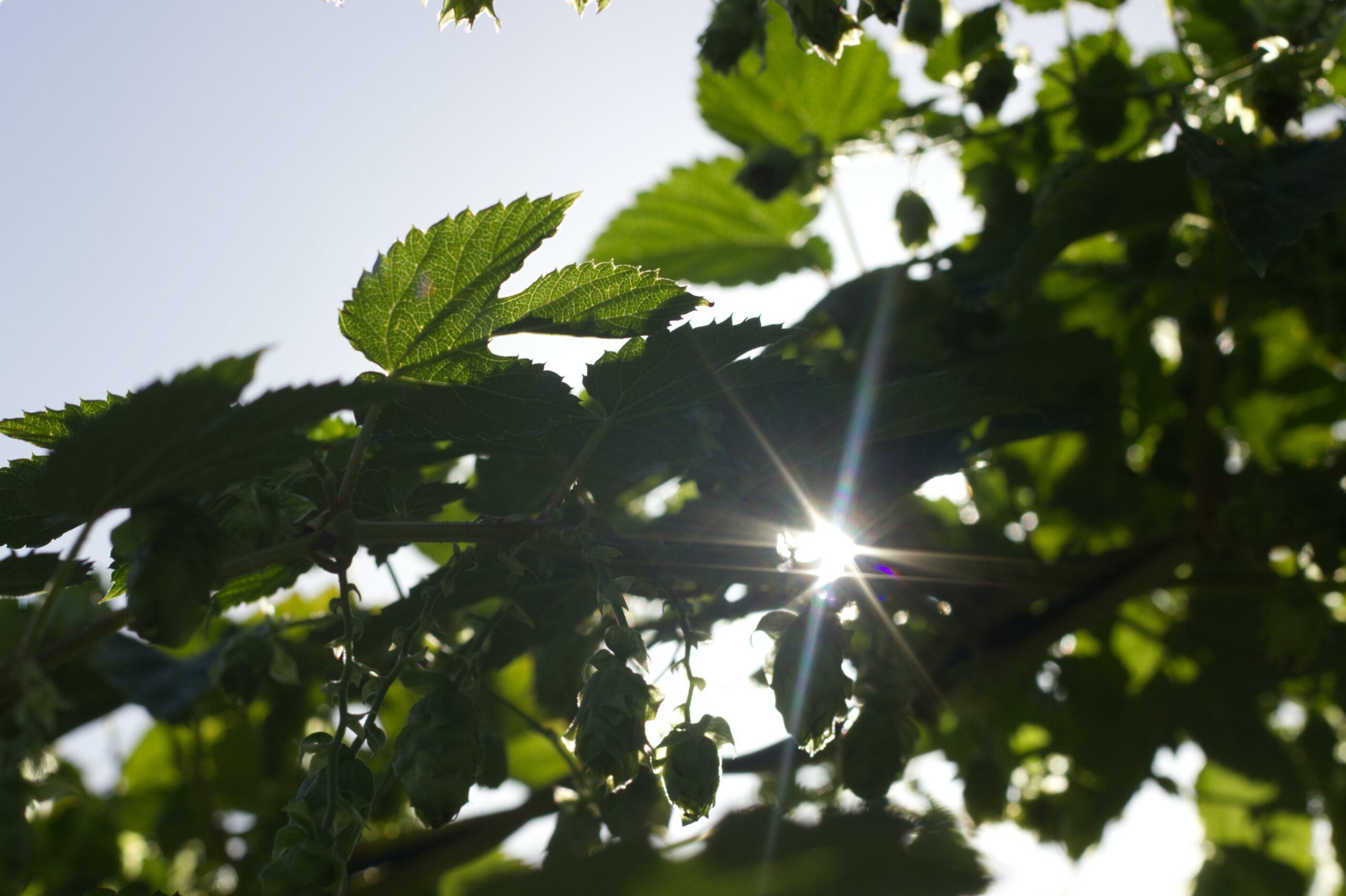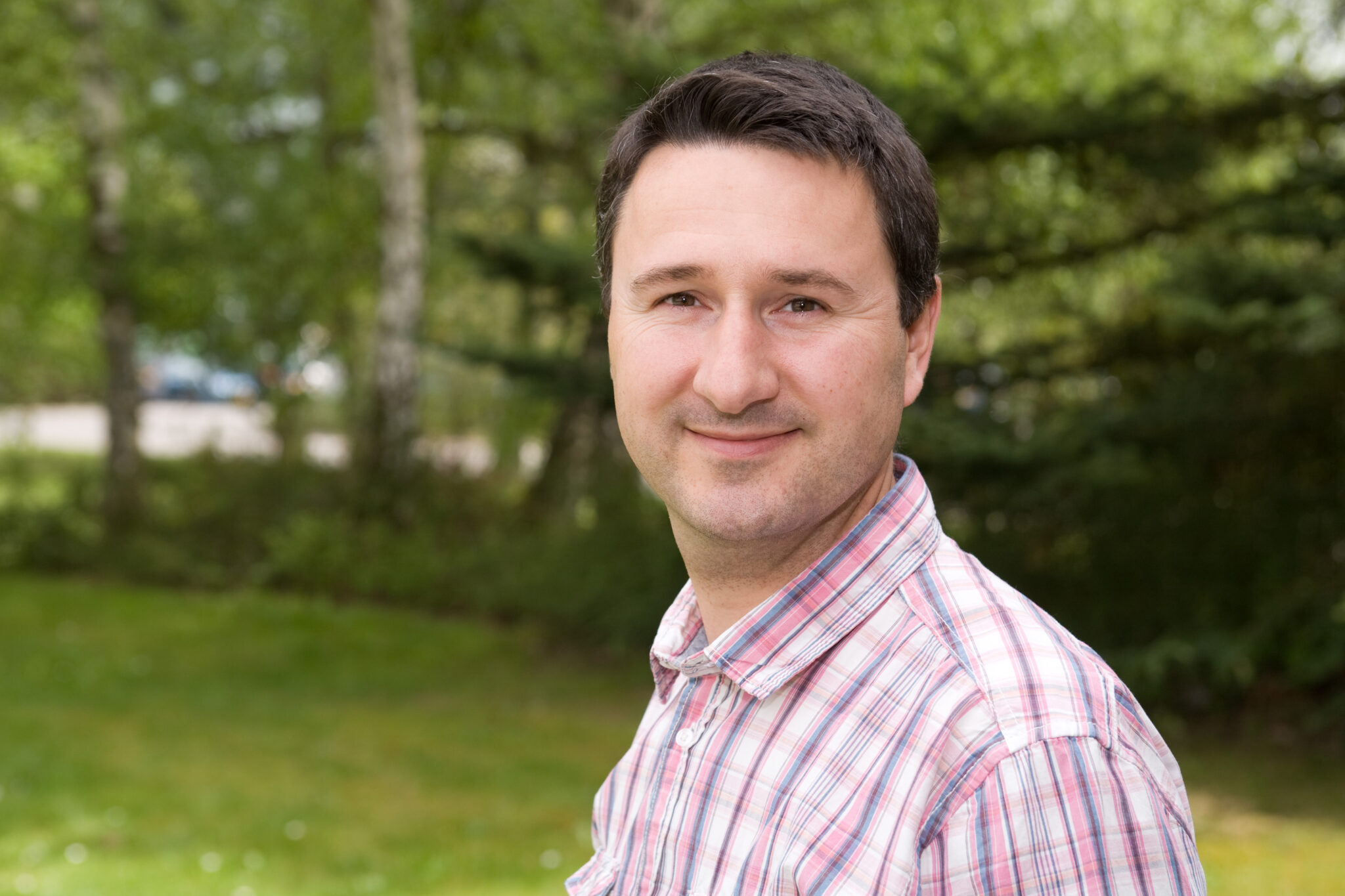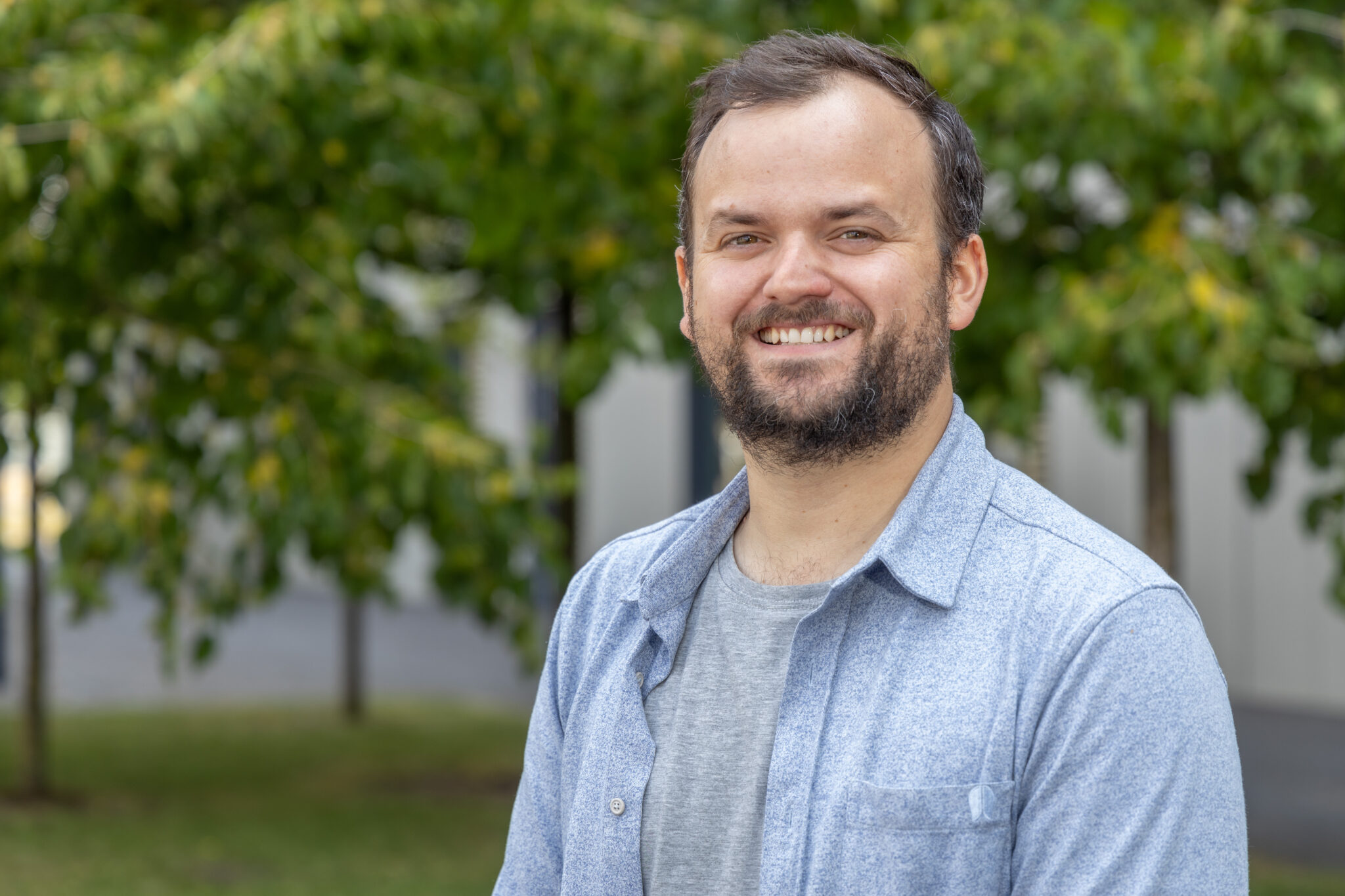Education, research and outreach, and operations and campus
All three faculties offer learning opportunities and research programmes across a wide range of disciplines that equip students in different ways to address diverse sustainability challenges, with the same focus have departments and interdisciplinary centres developed projects and conduct selected research.
Combining natural science and engineering with critical perspectives from social sciences and humanities on the functioning of our society is required in order to better understand and act upon complex social-ecological systems. A new field of transformative sustainability science is emerging, in which researchers, civil society, private enterprise, and governments collaborate with the goal of transforming how society and environment interact.
Finally, in order to achieve the ambition of being a sustainable university in all its aspects and to introduce more coherence in its actions among its missions, the University is also focusing on the operational sustainability of its functioning and its campuses. This implies analysing the impact of its activities but also involves the operational structures in order to integrate the elements of sustainability into the University’s operating processes.
Events
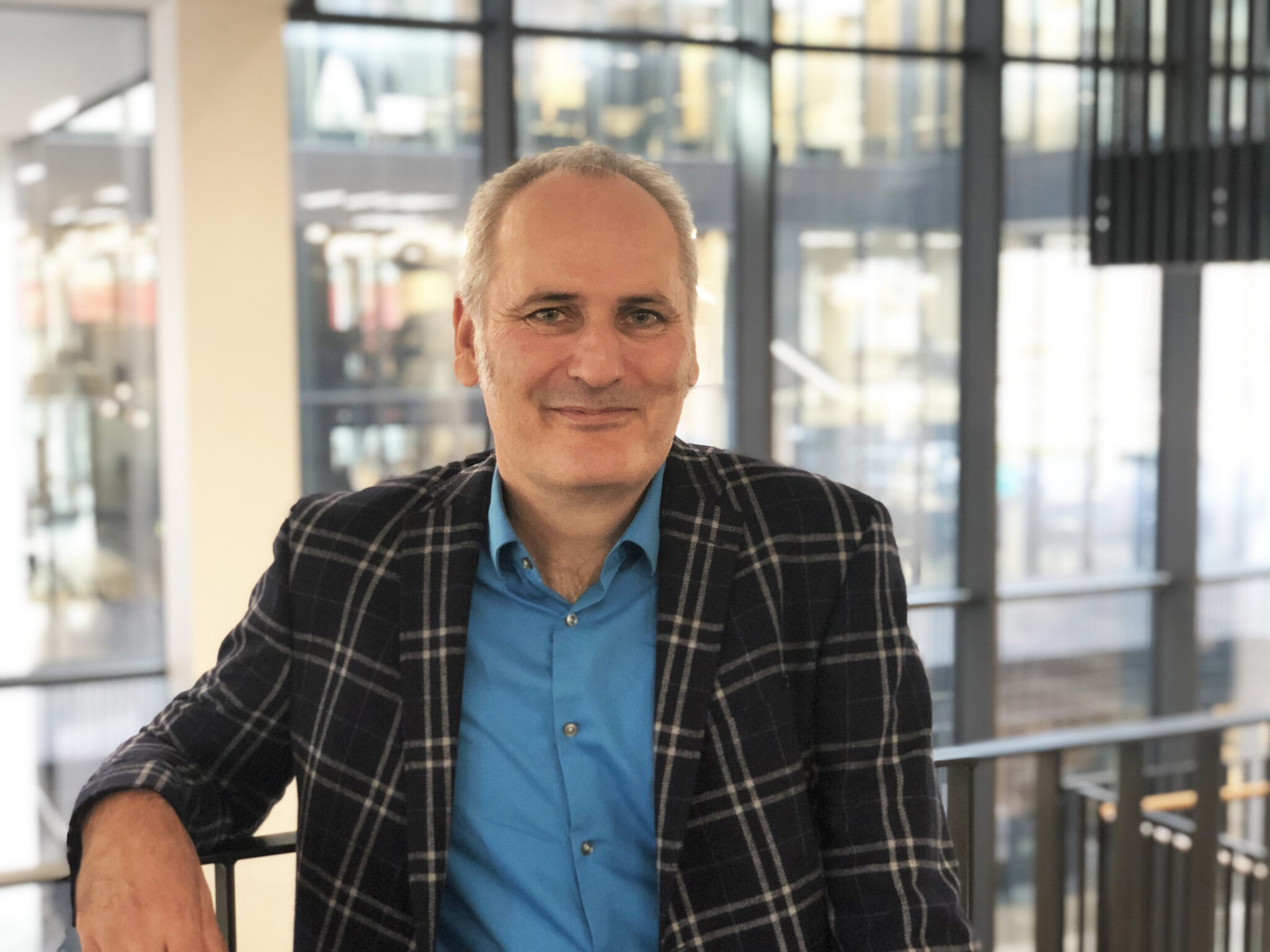 Wednesday 15 MayFree of charge, Series, Virtual event
Wednesday 15 MayFree of charge, Series, Virtual eventIn search for post-growth economies
Learn more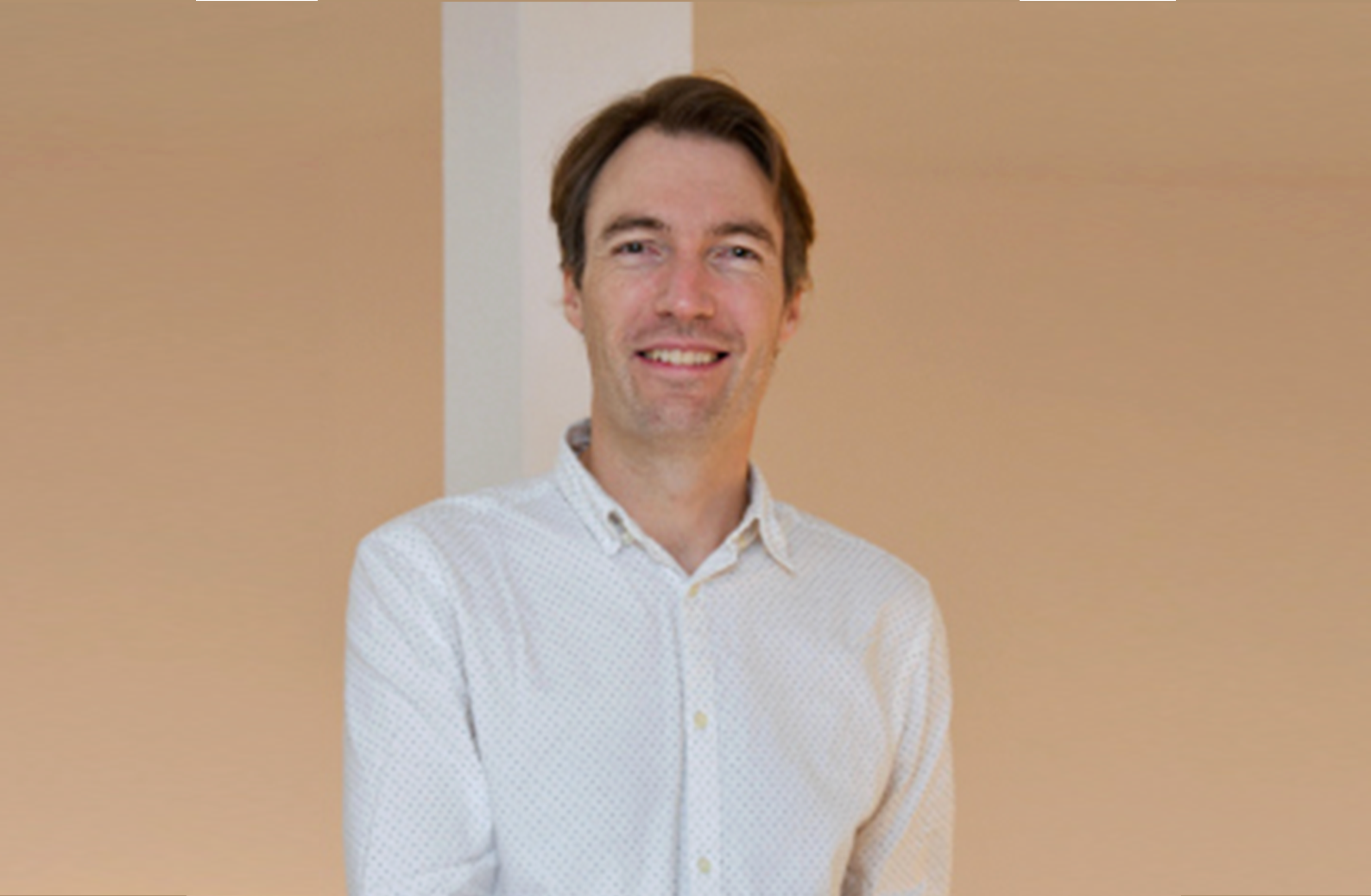 Wednesday 03 JulyFree of charge, Series, Virtual event
Wednesday 03 JulyFree of charge, Series, Virtual eventMonitoring and managing harmful cyanobacterial blooms in a changing world
Learn more
The Sustainability team
Please don’t hesitate to contact the team if you have questions.
